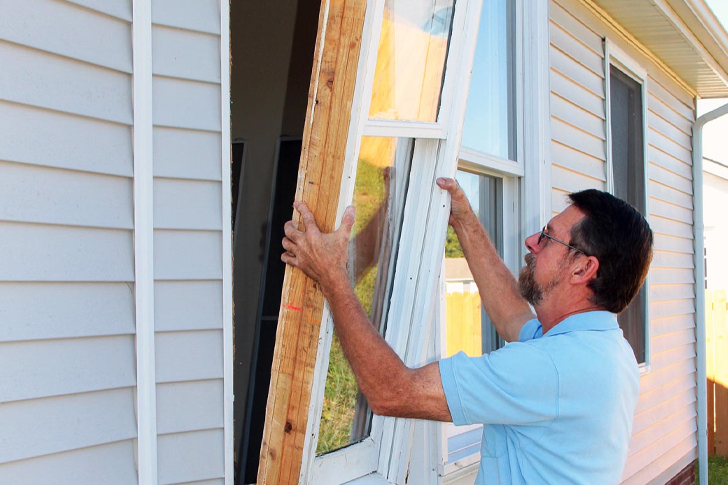How to Locate Window Replacement Options
Finding the right window replacement options can be crucial to enhancing the comfort, aesthetics, and energy efficiency of your home. With numerous materials, styles, and manufacturers to choose from, homeowners might feel overwhelmed by the variety of choices. This comprehensive guide aims to streamline the process, offering valuable insights and practical tips on how to navigate the world of window replacement. By considering factors such as material types, energy efficiency ratings, and warranty offers, you can make an informed decision that suits both your needs and budget.

Understanding Your Needs
Before diving into the vast options available for window replacements, it’s essential to understand your specific needs. Consider the climate you live in. For instance, in colder regions, windows with better insulative properties might be necessary, while in warmer climates, you may want windows that offer better ventilation. The architectural style of your home also plays a crucial role in selecting a window type that complements this style. Additionally, you should assess your budget which will guide your material choice and the features you can afford.
Types of Window Materials
Window frames come in a variety of materials, each offering different benefits and drawbacks. Wood frames provide a classic look and excellent insulative properties but require more maintenance. Vinyl windows are popular due to their low maintenance and good thermal resistance. Aluminum windows offer durability and modern aesthetics but are less effective in thermal retention. Composite frames, which can be made from a mixture of materials such as wood and vinyl, provide a good balance of durability, maintenance, and insulation.
Energy Efficiency Considerations
Energy efficiency is a crucial factor in choosing replacement windows. Efficient windows can significantly reduce heating and cooling costs by maintaining a more consistent indoor temperature. Look for the ENERGY STAR label, which indicates the window meets strict energy efficiency guidelines set by the U.S. Environmental Protection Agency. Additionally, the National Fenestration Rating Council (NFRC) label provides a reliable way to compare the energy properties of different windows, including their U-factor (rate of heat loss), solar heat gain coefficient (SHGC), visible light transmittance, and air leakage.
Choosing the Right Glass
The type of glass is another significant consideration. Double-pane windows are standard for a balance of performance and cost, featuring two pieces of glass with an air or gas fill in between, often argon or krypton, which helps insulate better than air. Triple-pane windows offer even better performance and are ideal for extremely cold climates, but they are more expensive. Additionally, treatments such as low-emissivity (Low-E) coatings can improve a window’s ability to reflect infrared light, keeping heat inside in the winter and outside in the summer.
Installation Matters
Proper installation is as important as selecting the right type of window. Poorly installed windows can lead to air leakage and inefficiency. It’s advisable to hire a professional with experience in window installation, particularly someone familiar with the local climate and building codes. Be sure to check reviews, ask for past project examples, and confirm that the installer is licensed and insured. Request detailed quotes to avoid unexpected costs, and ensure a warranty covers the installation.
Comparing Costs and ROI
While higher quality windows and professional installation might seem costly, they are often worth the investment through energy savings and increased home value. According to the “2021 Cost vs. Value Report” from Remodeling magazine, vinyl window replacements can recoup about 72% of their cost in improved home value, while wood window replacements can recoup about 69%. These figures illustrate not only the improved aesthetic and energy efficiency but also the solid return on investment these enhancements can provide.
Navigating Warranties and Fine Print
When choosing windows, closely inspect the warranty terms. A comprehensive warranty that covers both materials and workmanship for several years can provide peace of mind. Some warranties are prorated and could diminish over time, meaning the covered value decreases as the windows age. Make sure to understand what actions or factors might void your warranty, such as improper installation or failure to perform required maintenance.
Conclusion
Replacing your home’s windows is a significant investment in your property’s value, comfort, and energy efficiency. By understanding your needs, choosing the right materials, and ensuring professional installation, you can enhance your home’s appearance, feel, and performance. Remember to consider all factors, such as material, type of glass, energy ratings, warranty, and cost, to make a comprehensive decision. With the right research and planning, your investment in new windows can provide numerous benefits for years to come.







Recent Comments